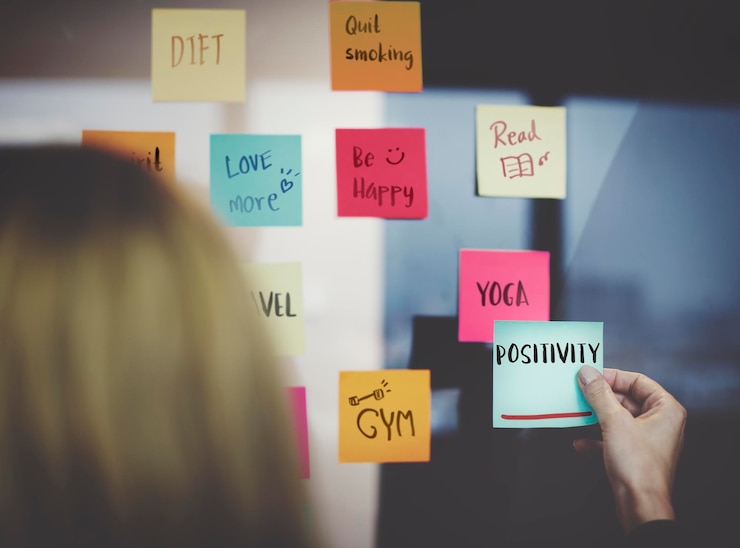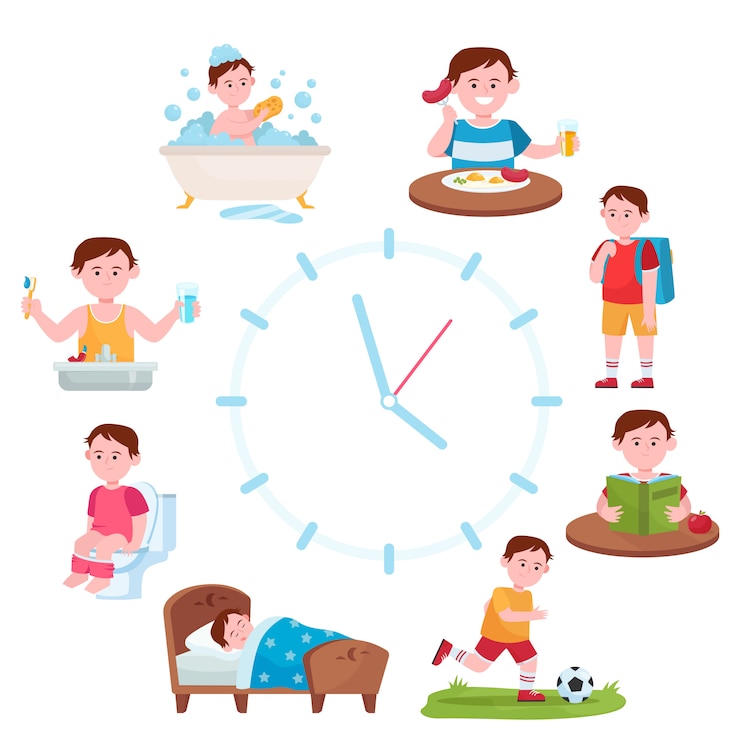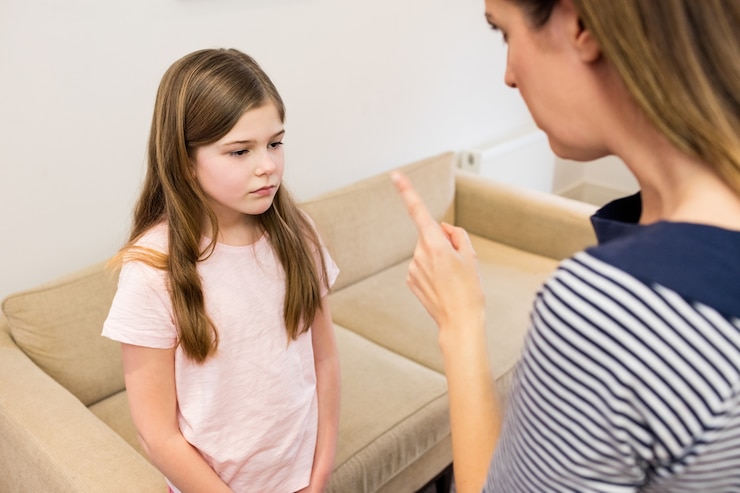
When it comes to disciplining a child, using harsh criticism and inducing shame doesn’t work and can hurt a child’s emotional well-being. Here’s what I’ve learned through my experiences:
Our eight-year-old daughter is a sensitive and spirited individual. From early on, we’ve noticed how strongly our words and reactions affected her. She’s independent, and in her early years, her actions prompted many responses from her father and me—some of which I regret.
I wish I could say our approach to discipline was always founded on fairness, empathy, and respect. I wish I could say my words and actions were always aimed at nurturing her character and heart, instead of just controlling her behavior or satisfying my need to feel like the perfect parent.
Thankfully, we’ve discovered a more effective way to manage challenging behaviors through positive parenting and discipline, as well as learning more about child development and neuropsychology. With this knowledge, we’ve seen great improvements.
I strive not to dwell on the harsh tactics we used in the past, which stemmed from our well-meaning attempts to guide her as new parents. It’s hardest when I see traces of our previous approach in her, like when she gets upset over making a mistake on the dance floor, struggles with math problems, or lashes out at her siblings.
The way we talk to and react to our children is crucial. While our words and actions aren’t the sole factors that define their lives, they do significantly impact their mental and emotional development.
Here are five ways harsh discipline using criticism and shame can affect a child’s mental health:
1. When we react harshly, we minimize the natural consequences of their actions and shift their focus from learning responsibility to feeling anger or resentment towards us.
2. Adding our disappointment or frustration to their mistakes can stop being productive and start feeling like toxic shame. This isn’t helpful for improving behavior.
3. Mistakes are part of being human. When children internalize shame each time they err, it can lead to unhealthy coping mechanisms and affect their self-worth.
4. Our reactions can cause secondary pain, which worsens the natural pain of learning from mistakes. We can either promote healing or add further discomfort for everyone involved.
5. Harsh words can become an inner voice for children, risking the development of a lifelong harsh self-critic.
Our own reactions to their mistakes can guide them into being their best allies or worst critics.
Children need a secure attachment with their caregivers, which is built on unconditional love and acceptance. Criticism and shame can damage this vital bond.
We must take responsibility when old patterns resurface. Changing our approach isn’t easy, but it’s essential to discipline without causing harm to their emotional well-being.
This post includes a free printable to assist you with Positive Discipline, simplifying things when you’re in the heat of the moment with your child.
For more resources on conscious parenting and collaborative problem-solving, check out the following.



